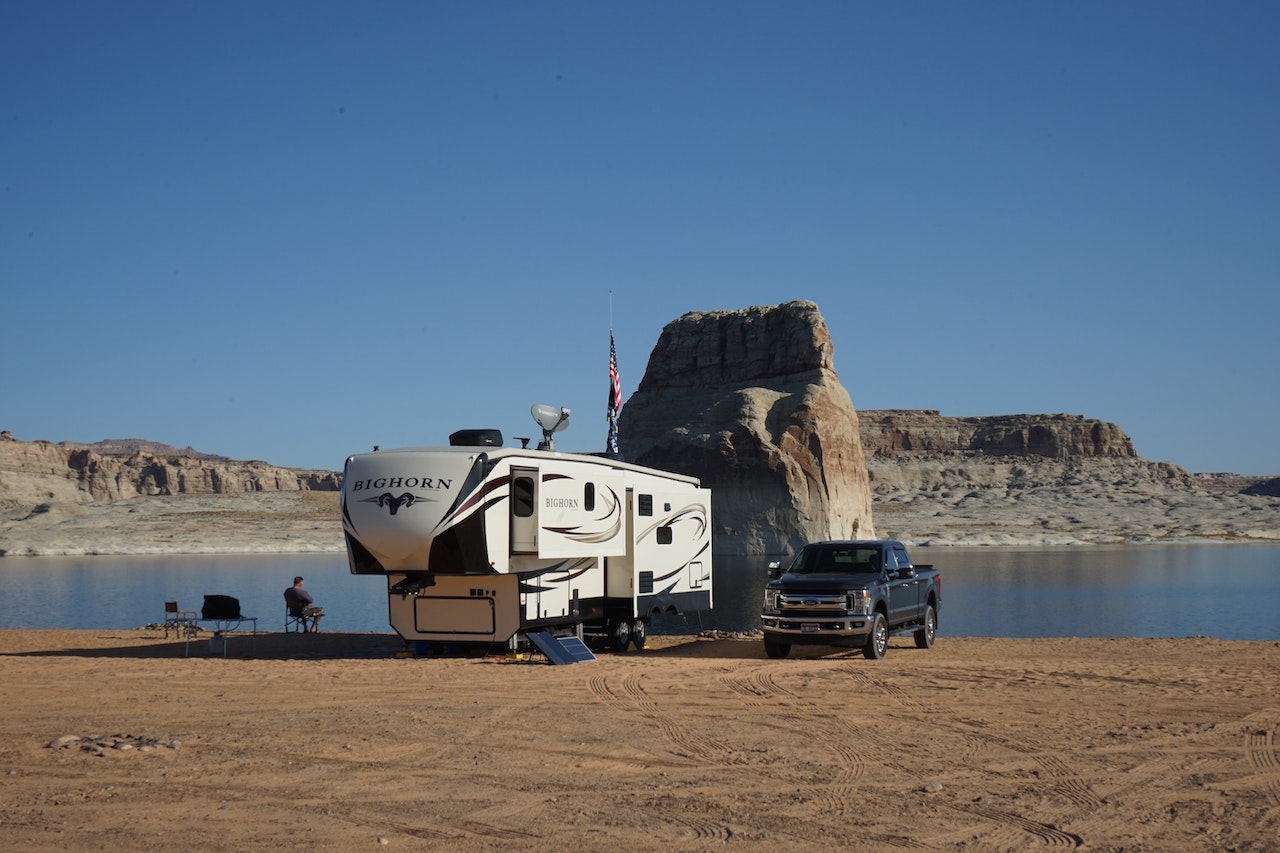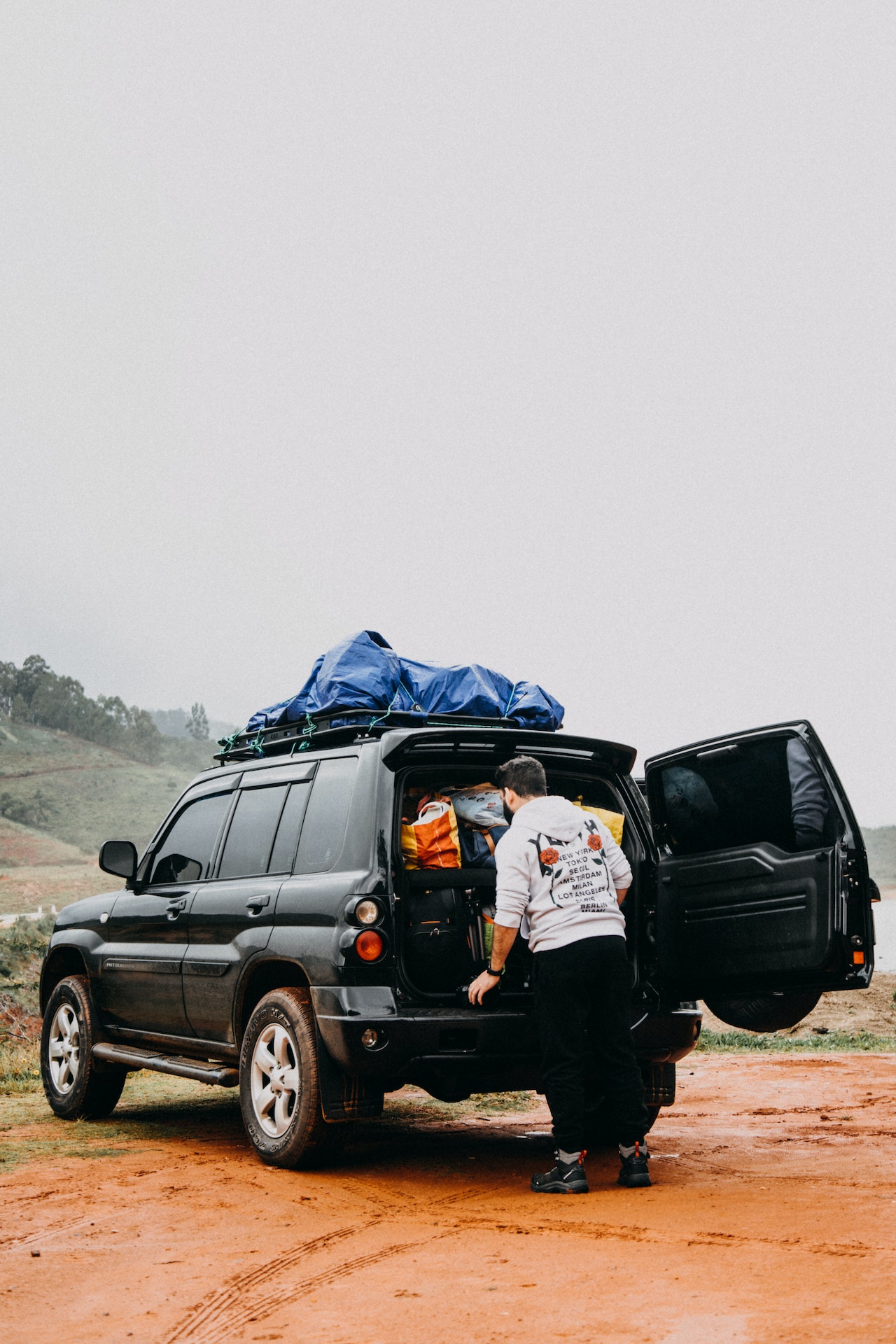Photo by: Alexey Komissarov Source: Pexels
In the realm of preparedness, a recurrent term that emerges is “bugging out.” To ‘bug out’ means to evacuate from a certain location in response to an unforeseen situation or threat. While the term has its roots in the military, it’s become synonymous with the preparedness community, especially in situations like natural disasters, civil unrest, or any other large-scale emergency.
For many, the idea of bugging out often brings up images of backpacks filled to the brim, on-foot evacuation, and an uncertain journey to a safer location. But what if you have an RV? An RV – or recreational vehicle – could provide a unique means of bugging out, offering shelter, mobility, and storage. However, it’s not without its challenges.
Let’s delve into the intricacies of bugging out with an RV, including the challenges you might face and the advantages it offers.
Advantages of Bugging Out with an RV
- Mobility and Shelter Combined: The most obvious advantage of an RV is that it offers both a mode of transportation and a shelter. Unlike other vehicles, once you reach your destination, you don’t need to set up a tent or find other accommodations.
- Storage Space: RVs come with considerable storage space. You can stock up on essentials, from non-perishable food and water to first-aid supplies and tools. This ensures that you can sustain yourself and your loved ones for an extended period.
- Comfort and Amenities: RVs can offer amenities like a toilet, shower, and sometimes even a kitchen. This can make the bug-out experience more comfortable, especially if you have to be on the move for an extended period.
- Potential for Off-Grid Living: Many modern RVs are equipped or can be modified to include solar panels, composting toilets, and water purification systems. This can allow for a more prolonged and sustainable off-grid living scenario.
Challenges of Bugging Out with an RV
- Size and Maneuverability: Unlike smaller vehicles, an RV’s size can make it challenging to maneuver, especially in dense urban environments or narrow roads. It also makes it an easy target for potential threats.
- Fuel Consumption: RVs, especially larger models, aren’t known for their fuel efficiency. Given that fuel might be scarce in a large-scale emergency, this can pose a significant challenge.
- Maintenance and Breakdowns: RVs, due to their complexity, can be prone to breakdowns. In a situation where professional help isn’t available, this could be a major issue.
- Stealth and Low Profile: In some scenarios, it might be best to keep a low profile to avoid drawing attention. An RV, especially a large one, stands out and could potentially make you a target.
Tips for Successfully Bugging Out with an RV
- Plan Your Route: Given the size and constraints of an RV, it’s crucial to plan your route ahead of time. Factor in potential roadblocks, fueling stations, and alternative paths.
- Maintain Your Vehicle: Regular maintenance can reduce the chances of unexpected breakdowns. This includes checking the engine, tires, brakes, and other essential systems.
- Stay Informed: Equip your RV with a multi-powered radio to stay updated with news, weather forecasts, and emergency notifications.
- Prioritize Security: Due to their size, RVs can be targets. Invest in security measures, such as reinforced doors, alarm systems, or even surveillance cameras if possible.
- Stock Essentials: Beyond the basics (food, water, and first aid), consider items like spare parts, tools, manuals for your RV, maps, communication devices, and more.
- Practice: Just as you would with a bug-out bag, practice using your RV in emergency scenarios. Familiarize yourself with its systems, storage areas, and quirks. Go on regular trips to understand how it handles different terrains and conditions.
- Network: If possible, connect with other RV owners. They can provide tips, insights, and support in the event of an emergency.
- Adopt a Sustainable Approach: If you plan to be off-grid for an extended period, consider modifications that make your RV more sustainable. This includes solar power, water collection, and purification, as well as growing your own food in portable containers.
In conclusion, bugging out with an RV presents a unique set of challenges and advantages. While the comfort and combined mobility-shelter aspect can be an immense advantage, it’s crucial to be aware of the potential downsides and plan accordingly. With careful preparation, an RV can serve as a formidable tool in your emergency preparedness toolkit. Safe travels and stay prepared!



